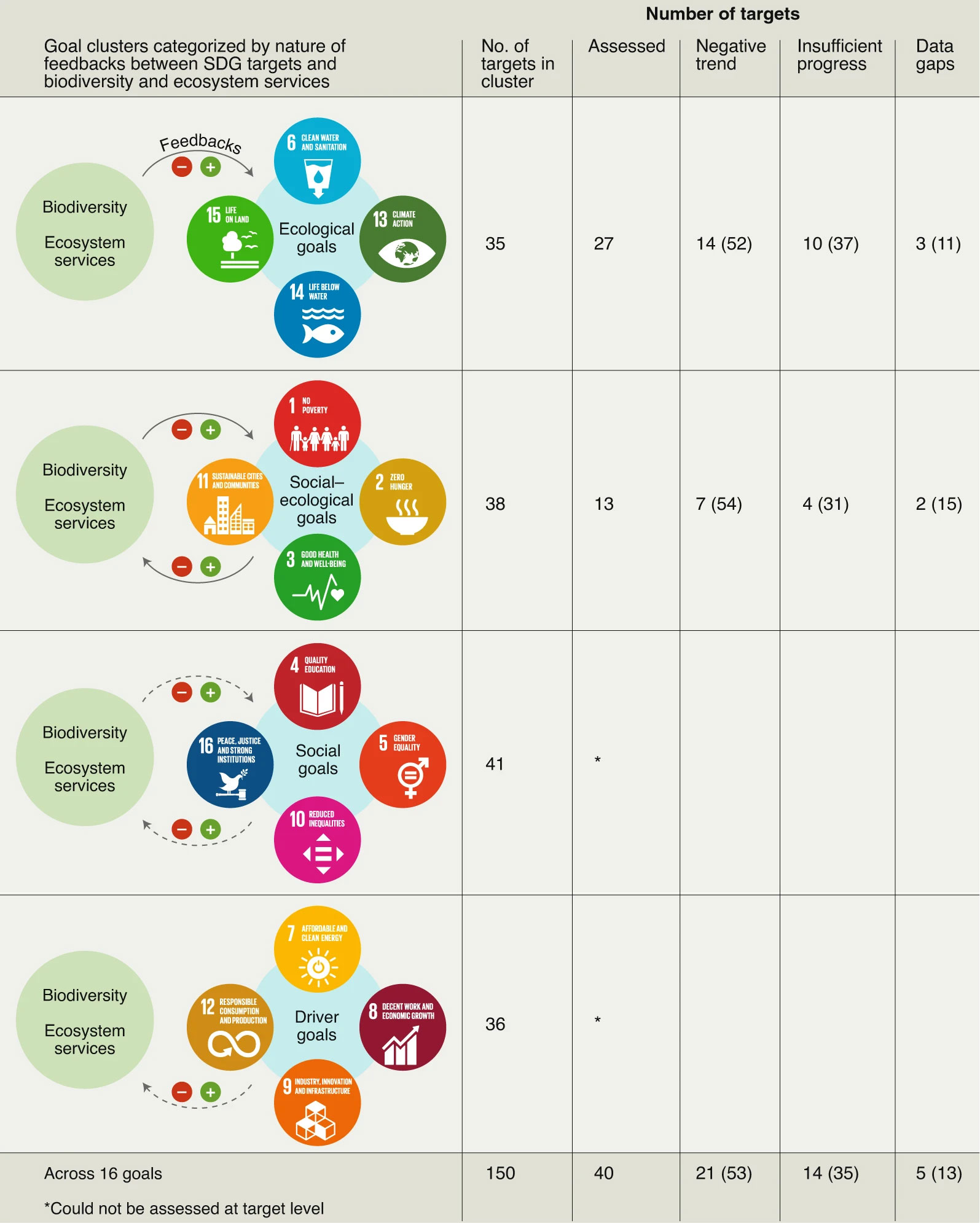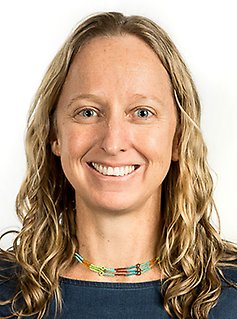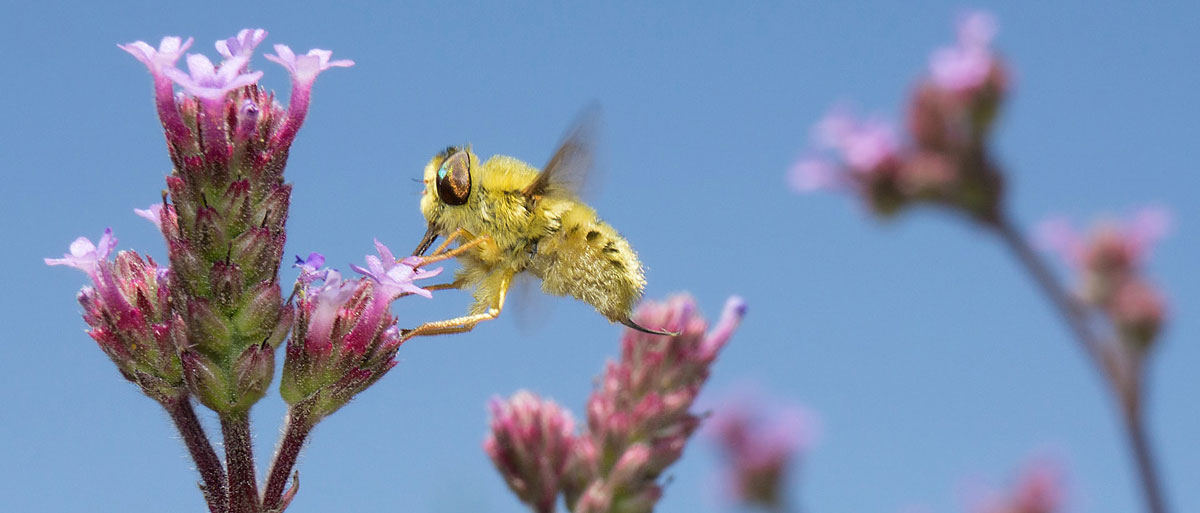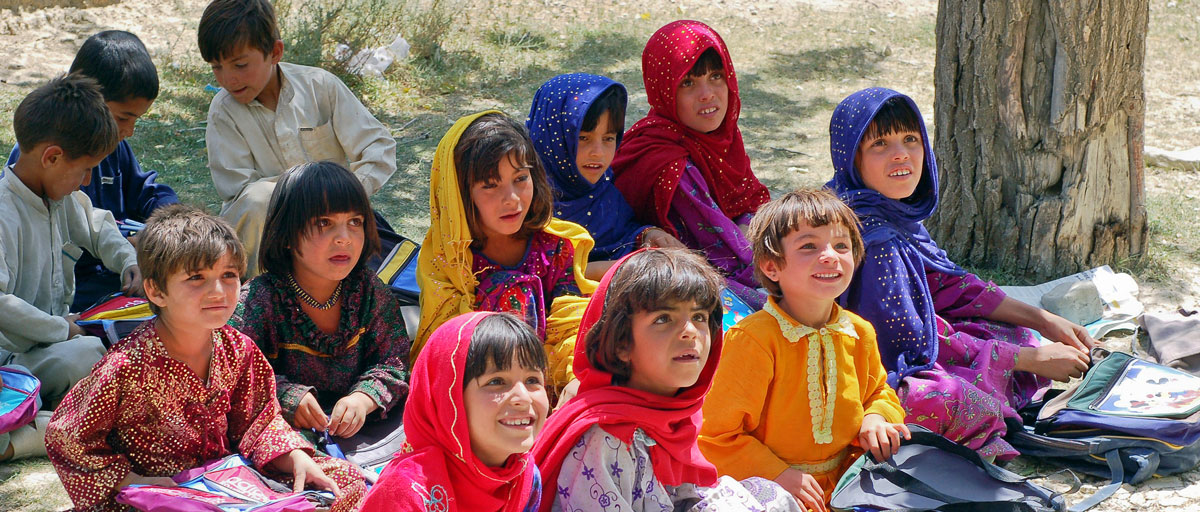Bildtext får vara max två rader text. Hela texten ska högerjusteras om den bara ska innehålla fotobyline! Photo: B. Christensen/Azote
GLOBAL GOALS AND BIODIVERSITY
In the SDGs upcoming “decade of action”, biodiversity and ecosystem services remain chronically undervalued
- Biodiversity remains largely invisible in the Sustainable Development Goals’ upcoming “decade of action”
- The Convention on Biodiversity’s (CBD) post-2020 global biodiversity framework offers a narrow window of opportunity to raise biodiversity’s visibility
- New study presents recommendations for global targets that reveal the social-ecological connections driving sustainable development outcomes.
New study suggests how to better capture the role of biodiversity for sustainable development
A RECKONING POINT FOR NATURE? Despite the world entering the last decade to meet the Sustainable Development Goals (SDGs) biodiversity and ecosystem services remain chronically undervalued and largely missing in high-level discussions around the SDGs.
It is high time to change this, according to an article published in Nature Ecology & Evolution. It suggests how to better capture the role of biodiversity for sustainable development as the UN Convention on Biodiversity (CBD) must decide on its next10-year action agenda.
The paper emerged from the experiences of centre researcher Belinda Reyers and Elizabeth Selig from the Center for Ocean Solutions at Stanford University.
During their work for the Global Assessment of the Intergovernmental Science-Policy Platform of Biodiversity and Ecosystem Services they were tasked with linking the trends in biodiversity and ecosystem services found in the assessment to the achievement of the SDGs.
"Despite evidence that biodiversity and ecosystem services are relevant to every single SDG, we ended up only being able to assess the impacts of biodiversity loss on 35 out of 150 SDG targets for only eight SDGs," says Belinda Reyers.

Goal clusters which summarize the findings of the IPBES global assessment on the consequences of biodiversity and ecosystem service trends for SDG achievement. Click on illustration to access scientific publication.
Deeply frustrating
The authors warn that these mismatches between the SDGs, biodiversity and ecosystem services can jeopardize longer-term progress toward the SDGs.
It is deeply frustrating to witness the continued underrepresentation, or near invisibility, of biodiversity in high-level discussions.
Elizabeth Selig, co-author
Based on a complex social-ecological systems approach, they recommend a shift from keeping social and ecological targets separate.
They also suggest new targets that capture social-ecological feedbacks. This means a move to social-ecological targets that:
- Capture the qualities of biodiversity relevant to sustainable development
- Make explicit the social-ecological interdependencies between ecosystem services and sustainable development priorities
- Reveal reinforcing feedbacks associated with biodiversity loss
- Capture cross-scale social-ecological feedbacks, especially associated with sustainable development priorities such as energy or agriculture, which are in turn key drivers of biodiversity loss
“If we don’t address these gaps, we risk being unable to create the necessary knowledge, acknowledge the stewardship necessary and rethink potential leverage points for the role of biodiversity and ecosystem services in sustainable development,” the authors conclude.
Podcast: In the SDGs, where have biodiversity and ecosystem services gone?
Reyers, B., Selig, E.R. 2020. Global targets that reveal the social–ecological interdependencies of sustainable development. Nat Ecol Evol 4, 1011–1019 (2020). https://doi.org/10.1038/s41559-020-1230-6

Belinda Reyers explores the use of theories and methods from social-ecological systems resilience research in development practice and policy.









